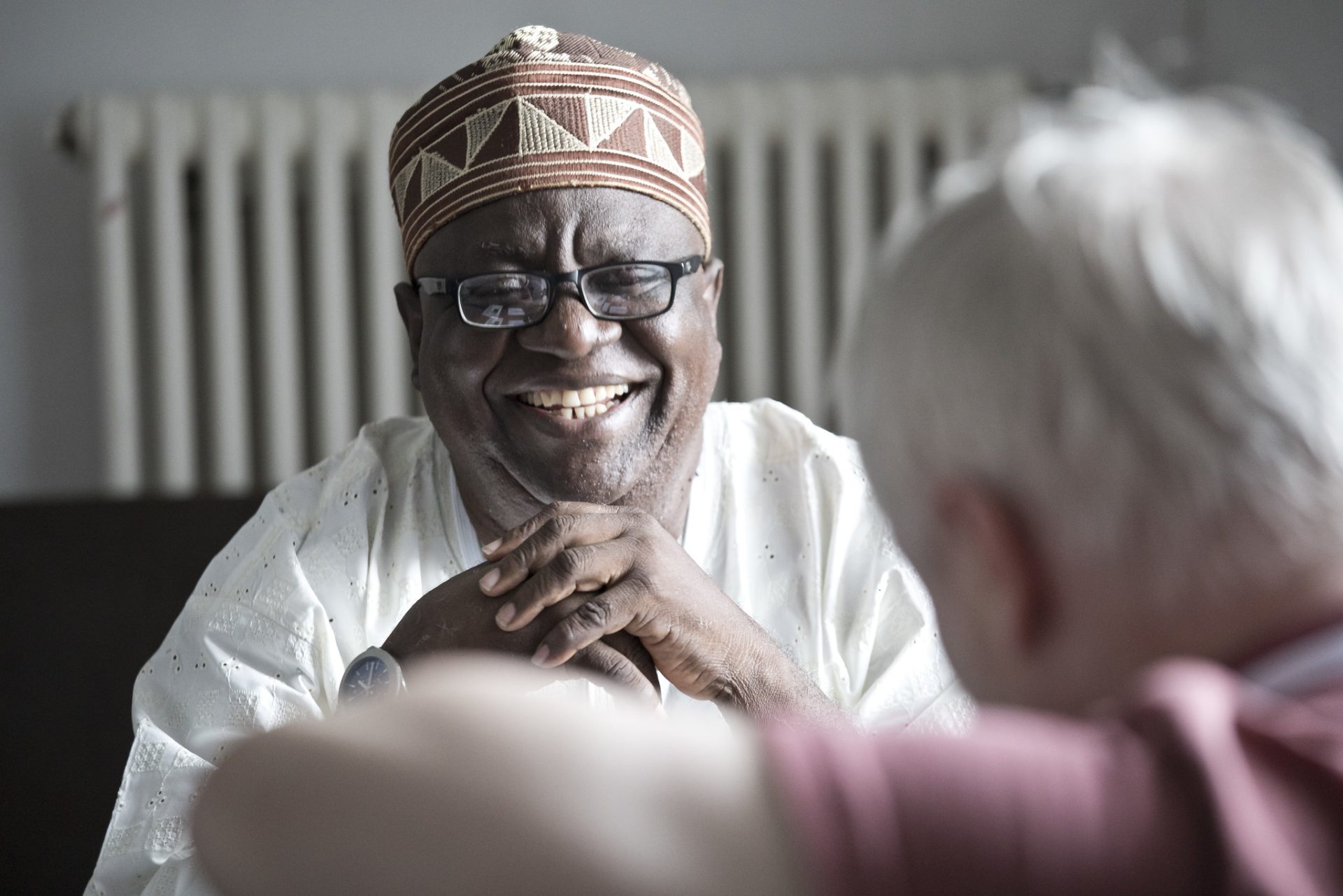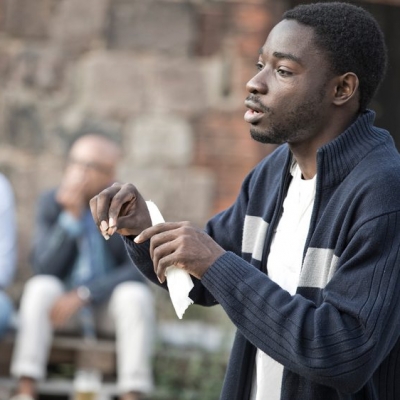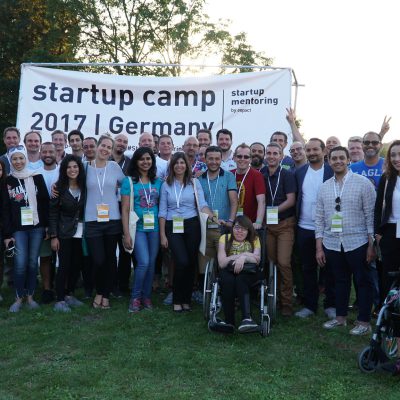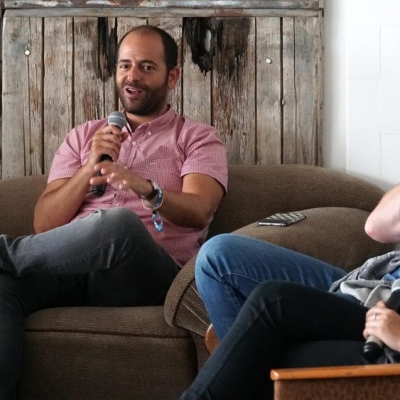
Energised for transformation
We spoke with dr. omotayo dairo of nigeria-based quintas renewable energy solutions ltd. about his plans to transform the nigerian agricultural landscape through renewable energy and long-term solutions to food wastage, hunger and poverty. dr. dairo is a fellow in the 2017 startup mentoring west africa + europe programme and a member of the empowering people. network from the siemens stiftung (foundation).
I completed my studies from the University of Ibadan and became a physician 39 years ago. I had it in my mind to practice medicine for 3 to 4 decades before retiring. As I approached retirement, however, I realised it was going to be a challenge for me; as I’d spent the past 40 years helping others – what would I do if I was not working?
Renewable energy had always been an interest and a hobby of mine, particularly because energy is one of the challenges we face in Africa, and I had been affected by it in my medical practice on many occasions. We didn’t have stable electricity at my practice, so imagine mid surgery the light goes out without warning! I had to complete surgeries using candlelight! It was a constant stress for me.
Around that time I saw a UPS (uninterruptible power supply) for the first time for IBM’s computers and thought to myself, “If there is backup power for data, why can’t I have a backup for the power in my operating theatre?” I bought a UPS, but sustaining it with such a small battery was a challenge. So I approached a local university to work on replicating the technology and in 4 years, we produced a 2KV UPS that functioned as the energy backup in my theatre.
i had a hobby that was creating a solution! i suddenly became excited about retirement because i had a new challenge: renewable energy.
In my semi-rural community, I saw daily the realities of problems in Africa and knew I wanted to work towards creating solutions for them. Hunger is a permanent issue facing many of the population here, with around 75% of Nigerians living on less than $1 USD a day. On the other hand, so many farmers in my community were growing food but didn’t have a way to preserve it, so most was going to waste; stable energy was the major challenge they had in preserving it.
I investigated and found that 40% of all food in Nigeria is lost to perishable wastage – this adds up to around $46 billion USD, which is more than double the entire budget of the Nigerian government.
I wanted to provide farmers with a solution to process their food, using the resulting biomass waste to generate sustainable energy, and in turn address UN Sustainable Development Goals, such as ending poverty and hunger. Reducing waste and injecting $46 billion dollars into the economy would significantly change the landscape in Nigeria. The drudgery of food processing is usually the women’s responsibility, so streamlining the process would also allow women to pursue other endeavours, such as education. We would, therefore, be helping to achieve gender equality and, by using renewable energies, be doing our part towards combatting climate change too.
I knew what I wanted to accomplish, but I soon ran into a roadblock. I realised that because most machines were manufactured in Europe, they were not equipped to process our local foods, such as cassava. So I had to adapt the existing technology, and I designed a dehydrator for drying food products which was eventually a runner up in the 2016 Siemens Stiftung’s empowering people. Award in Berlin. The heart of my technology is the gasifier – which is used to generate the heat from the farmers’ biomass. I then used the heat to generate electricity, for industrial processing, etc.
We originally intended to sell the machinery, but realised the farmers wouldn’t be able to afford them. We then thought of a services-based model, but that wasn’t a feasible option either. Eventually, I established a farm gate industrial processing centre for farmers who would bring us their food and we had to work out a way for them to pay us in processed goods. This was a solution but it also meant we needed to work out how to package the processed food in order to sell it to cover our costs.
with every solution came another new challenge, but also an opportunity to create another solution!
I knew I needed a fresh perspective. My mentor provided me with just that. He helped me simplify what I needed to do to take my business forward – I now am clearer on how I can organise my business to grow sustainably and bring our services to communities that need them, and not just in Nigeria! He introduced me to a network of retired professionals that have expertise in areas that I do not, which will help me reach my goal: in 5 years, I want to have at least one farm gate industrial processing cluster in each of the 774 local governments in Nigeria. These are replicable technologies that could work in other regions of the world that face similar hurdles – so let’s see how far we can go!
Edited by Brandi Zavala.



